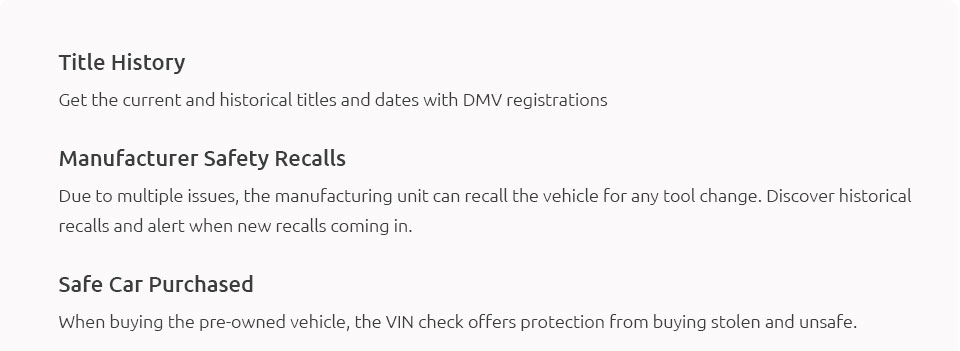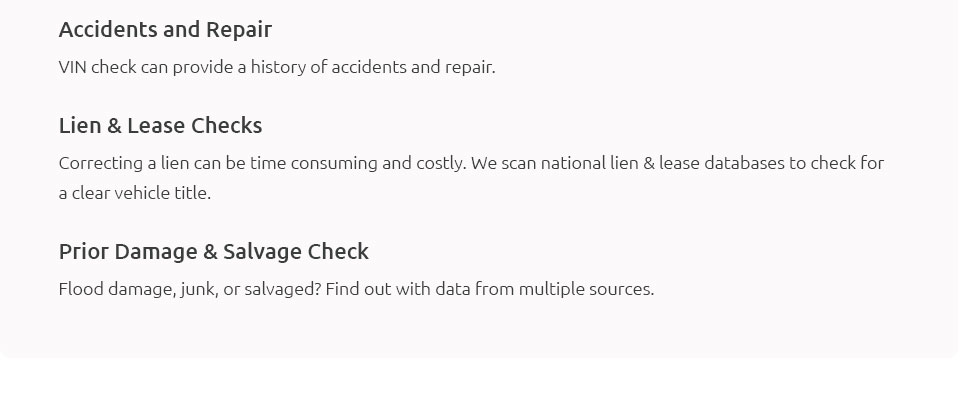 |
 |
 |
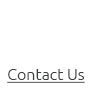 |
 |
||
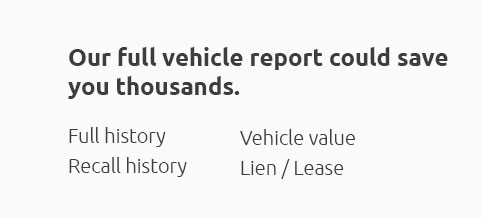 |
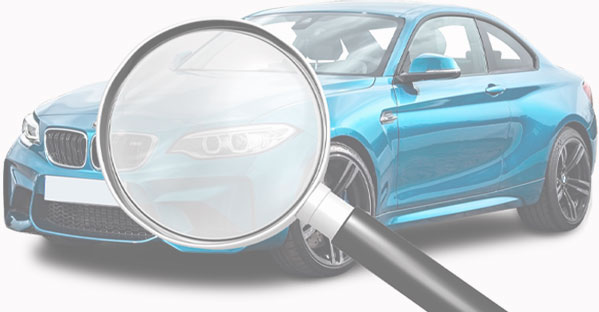 |
|
 |
 |
|
 |
 |
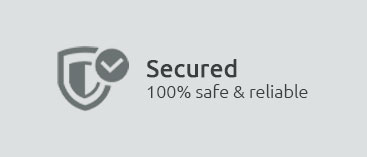 |
 |
||
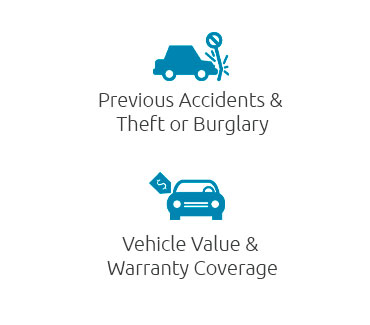 |
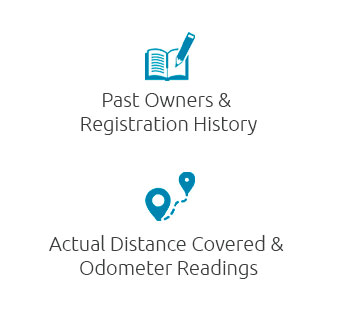 |
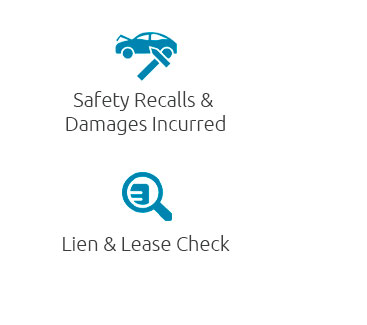 |
 |
 |
 |
||||
|
||||
 |
 |
Understanding Reverse License Plate Search in IllinoisIn the realm of vehicular inquiries, one might find themselves in need of conducting a reverse license plate search in Illinois. This process, which at first glance might seem straightforward, is enveloped in legal nuances and logistical considerations that one must navigate carefully. A reverse license plate search, simply put, is the act of using a vehicle's license plate number to retrieve information about its owner or the vehicle itself. While this might sound like a useful tool, especially for those involved in the automotive industry or for individuals needing to resolve insurance disputes, it is crucial to approach this method with an understanding of the legal boundaries that accompany it. In Illinois, as in many other states, the Department of Motor Vehicles (DMV) maintains a database that includes vehicle registration details. However, gaining access to this information is not as simple as it might be in some other states due to the Driver's Privacy Protection Act (DPPA). This federal law was enacted to protect the personal information of drivers, meaning that any attempt to obtain such data without proper authorization can lead to legal repercussions. Therefore, it is essential for anyone looking to perform a reverse license plate search to ensure they have legitimate reasons and the necessary permissions to do so. There are specific circumstances under which an individual or entity might be granted access to this information. For instance, law enforcement agencies, government bodies, and some authorized businesses can access such data for purposes that align with legal and regulatory requirements. Additionally, individuals who have been involved in vehicular incidents might be able to retrieve information relevant to their case. It is in these scenarios that understanding the search my car by vin number options can also come in handy, offering alternative avenues to gather necessary vehicle details. For the general public, there are online platforms that claim to offer reverse license plate lookup services. These platforms, however, should be approached with caution. Not all of them operate within the legal framework, and the accuracy of the information provided can vary significantly. It's advisable to use such services only when they explicitly comply with the DPPA and other relevant state laws, ensuring that the privacy and rights of individuals are not compromised. Another aspect to consider is the ethical dimension of accessing such information. While it might be tempting to use a reverse license plate search for personal reasons, it's vital to weigh the necessity against the potential invasion of privacy. In many cases, exploring how to verify vehicle registration through legitimate means, such as learning how to see if a vehicle is registered, might provide a more ethical and straightforward path to the information needed. In conclusion, while the reverse license plate search in Illinois is a process enveloped in complexity, it remains a viable tool when used within legal and ethical boundaries. Understanding the constraints imposed by the DPPA, as well as exploring alternative methods such as VIN number searches, can empower individuals and businesses alike to obtain the information they need responsibly. As with any legal procedure, due diligence, respect for privacy, and adherence to state and federal laws are paramount. https://www.lookupaplate.com/illinois/
LookupAPlate allows you to search for a license plate in Illinois and other US states for free. We offer a free basic search that includes vehicle make and ... https://www.faxvin.com/license-plate-lookup/illinois
To perform a free Illinois license plate lookup, you can use online tools like FAXVIN that provide basic vehicle information such as the VIN. https://vincheck.info/free-license-plate-lookup/illinois-free-license-plate-lookup
In Illinois, you can perform a license plate lookup online through VinCheck.info or the Illinois Secretary of State website. You will typically ...
|

